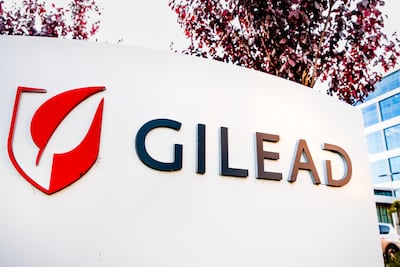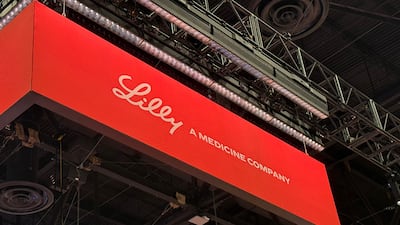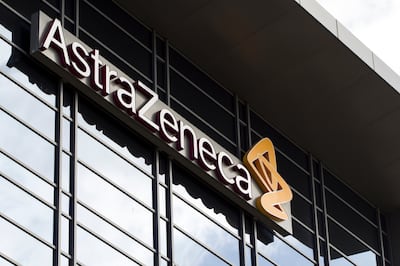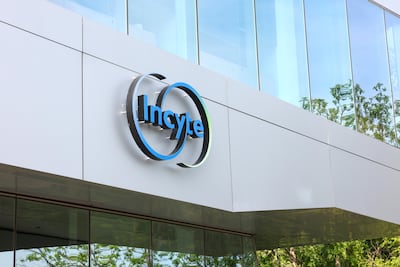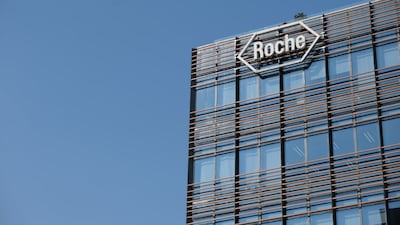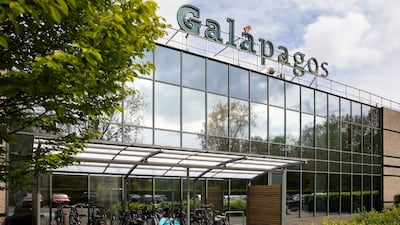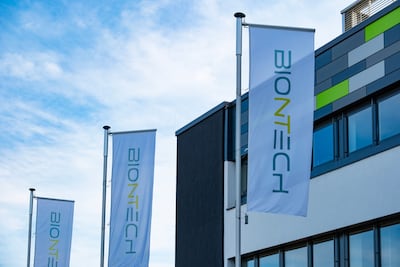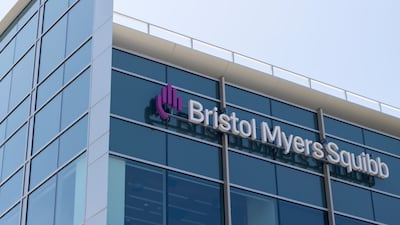Anticancer
Scrip spoke with CMO Dietmar Berger about his views on diversifying Gilead’s virology, oncology and immunology R&D efforts through both in-house research and external innovation.
Enthusiastic predictions from industry leaders for ongoing progress in obesity, oncology, immunology, neuroscience and more were supported by optimism for the potential of AI and other technological advances to enable breakthroughs in processes as well as pipelines.
Henlius planning Japanese NDA by end of March 2027 for ES-SCLC and development in several other indications.
The drugmaker highlighted a wide array of development programs in its fourth quarter earnings, including moving tirzepatide into multiple inflammatory conditions.
Given its already large cancer drug pipeline, EVP of oncology R&D Susan Galbraith spoke with Scrip about how AstraZeneca is making precise choices about deals and development programs.
CEO Bill Meury and president-R&D Pablo Cagnoni outlined the path to reduce Incyte’s reliance on the blockbuster Jakafi as it heads towards loss of exclusivity in 2028/2029.
The blood cancer drug and the cholesterol lowerer will be major growth drivers through to 2020 and beyond.
India’s budget backs plans to scale production of biologics and biosimilars, shore up its clinical trials network and strengthen the regulatory framework. Customs duty exemptions given to several big pharma therapies, including those of Novartis and Takeda.
The drugmaker presented a real-world, head-to-head analysis of Erleada versus Bayer’s Nubeqa in metastatic castration-sensitive prostate cancer at the International Prostate Cancer Update.
Roche has a handful of key Phase III readouts from potential blockbusters this year, with its oral SERD, giredestrant, expected to be the centerpiece of a future breast cancer franchise.
The process will pit breast cancer treatment competitors Kisqali and Verzenio against each other as CMS develops pricing offers.
Multiple Chinese biotechs are seeking to raise new funds through IPOs on the Hong Kong and Beijing stock exchanges to support international clinical trials for their first-in-class molecules.
The company announced Phase II data and plans for its registrational Phase III trial as CEO Mark Erlander and chief financial officer James Levine left the company.
The Belgian biotech is closing its CAR-T division and pivoting to a new de-risked business development model, with the blessing of long-term investor, Gilead.
Fund IV exclusively targets company creation and early-stage investing across the UK and the US.
The Phase I/II study’s trial page was updated to say it was no longer recruiting patients after recruiting only 23 of the originally planned 260.
The company is getting ready for multiple cancer drug launches, potentially including anti-PD-L1/VEGF pumitamig. Chief commercial officer Annemarie Hanekamp spoke to Scrip.
Companies requiring follow-on financing were particularly hit in 2025, but the first signs of ‘pension power’ has given the UK sector hope of more investment.
Deal Snapshot: BMS is casting a broad net in oncology as it looks to replace its aging blockbuster Opdivo with a variety of novel cancer therapies.
The company announced that the Phase III ROSELLA trial in platinum-resistant ovarian cancer met its overall survival primary endpoint.

